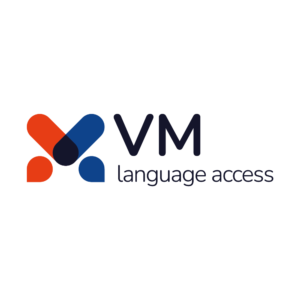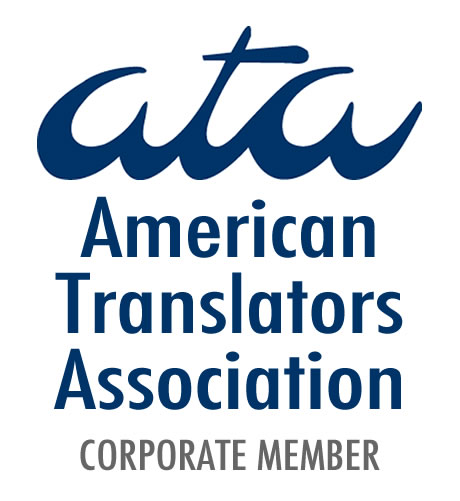
Language Access in the USA
Language Access services in the United States is a critical issue that directly impacts the ability of individuals with limited English proficiency (LEP) to access essential services, participate fully in society, and exercise their rights as citizens. Language services are essential for ensuring effective communication, promoting inclusivity, and addressing language barriers that create obstacles in various sectors, including healthcare, legal settings, education, and social services. By examining the importance of access to language services in the USA, we can better understand the challenges, benefits, and implications of language access for diverse communities throughout the country.
Send us an email to contact@vmlanguageaccess.com to get a quote for VM language services.
Challenges in Language Access:
In a linguistically diverse country like the United States, where over 25 million individuals have limited English proficiency, access to language services is a critical issue with several challenges:
- Healthcare Disparities: Limited access to language services in healthcare settings can lead to misunderstandings, misdiagnoses, and barriers to care for individuals with LEP. Patients may struggle to communicate their symptoms, medical history, and concerns, resulting in diminished quality of care and health outcomes.
- Legal Rights and Due Process: In legal settings, language barriers can hinder individuals’ ability to understand legal proceedings, provide testimony, and access legal assistance. Without language services, individuals with LEP may face challenges in asserting their rights, navigating the legal system, and receiving fair representation.
- Educational Equity: Limited language access in educational settings can impact students’ academic success, parent-teacher communication, and engagement in school activities. Families with LEP may face challenges in navigating the education system, participating in school events, and advocating for their children’s educational needs.
- Social Services and Community Support: Access to language services is crucial for individuals to access social services, government programs, and community resources. Without adequate language support, individuals with LEP may face challenges in seeking assistance, understanding eligibility criteria, and accessing essential social and community services.

Benefits of Language Access:
- Improved Communication: Access to language services enhances communication between individuals with LEP and service providers, promoting clear, accurate, and meaningful interaction in diverse settings. Effective communication fosters understanding, trust, and collaboration, leading to better outcomes for both service providers and recipients.
- Legal Compliance: Ensuring language access is not only a matter of equity but also a legal requirement under federal laws, such as Title VI of the Civil Rights Act of 1964. Compliance with language access regulations helps organizations uphold the rights of individuals with LEP, prevent discrimination, and promote inclusion in services and programs.
- Enhanced Health Outcomes: Language access in healthcare settings improves patient-provider communication, enhances patient satisfaction, and contributes to better health outcomes. Patients with LEP who receive language support are more likely to follow treatment plans, understand medical instructions, and engage in preventive care.
- Educational Success: Language access in education promotes academic equity, family engagement, and student success. Providing language services to non-English-speaking families supports parent involvement in their children’s education, fosters a positive school-home partnership, and ensures that students receive the support they need to thrive academically.
Implications of Language Access:
- Inclusivity and Diversity: Access to language services promotes inclusivity, diversity, and cultural competence in service delivery. By providing language support, organizations and institutions demonstrate a commitment to serving diverse populations, respecting linguistic differences, and valuing the contributions of all community members.
- Community Engagement: Language access fosters community engagement, participation, and empowerment among individuals with LEP. By breaking down language barriers, organizations create opportunities for active involvement, collaboration, and civic engagement, strengthening social cohesion and community resilience.
- Equity and Social Justice: Language access is a matter of equity, social justice, and human rights. Ensuring equal access to services, programs, and information for individuals with LEP promotes fairness, upholds dignity, and supports the principle that all individuals deserve equal opportunities and treatment, regardless of language proficiency.
Access to language services in the United States is a fundamental need that supports effective communication, enhances service delivery, and promotes inclusivity across diverse segments of society. By recognizing the challenges, benefits, and implications of language access, we can advocate for policies, practices, and resources that ensure equitable access to services for individuals with limited English proficiency. Addressing language barriers, promoting cultural competence, and embracing linguistic diversity are essential steps toward creating a more inclusive, accessible, and equitable society where all individuals can fully participate, engage, and thrive.











